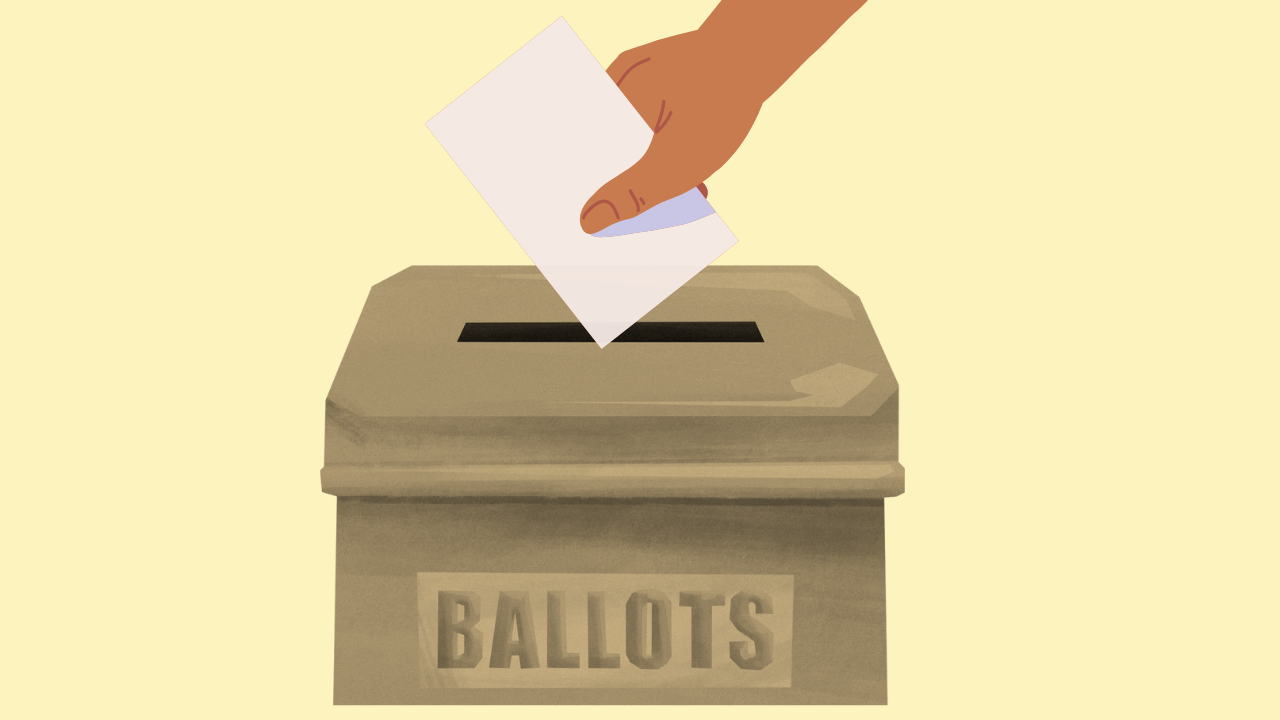
The Department of Education (DepEd) has expressed support for House Resolution 1805, which suggests an 8-12 week break from regular classes to run a learning recovery program aimed at boosting literacy and numeracy among Filipino students.
During a hearing led by Pasig City Representative Roman Romulo, DepEd Undersecretary for Curriculum and Teaching Gina Gonong outlined the plan.
She said the department consulted with internal stakeholders and submitted a proposal based on the ABC Plus Model of Literacy and Numeracy Program.
“The timeline is part of the position paper that we submitted to the committee. So this 2024, we’ll continue consulting with stakeholders. We’ve promised teacher groups that we’ll go back to them when we’ll do the specific designs, [and] training for the program. We are also currently doing an inventory and mapping of learning resources on top of the ABC Plus learning resources,” Gonong said.
The proposed timeline includes several key tasks. In February 2025, DepEd plans to allocate funds to regional offices for purchasing learning materials.
By March and April 2025, the department will reproduce these resources, followed by training trainers in April.
Schools will receive these materials in May 2025, with teacher training occurring shortly after.
Classes are set to begin on June 16, with the first two weeks dedicated to assessing students’ skills.
At the end of the school year, two to three weeks before exams, teachers will conduct post-assessments of students.
Gonong also mentioned that they are gathering feedback through focus group discussions in schools to refine the policy before its rollout.
“When we roll it out, it will be the policy that has been vetted by the field,” she said.
The urgency of the initiative stems from a World Bank study revealing that nine out of ten Filipino children aged ten cannot read simple texts appropriate for their age.
In addition to the recovery program, DepEd is working on another initiative called ‘Nasa Pagbasa at Pagkwenta ang Pag-asa [Hope is in Reading and Counting],’ aimed at providing ongoing support for students after the initial eight weeks.
The eight-week program should continue, Gonong said, as some students will need ongoing support even after it ends.


